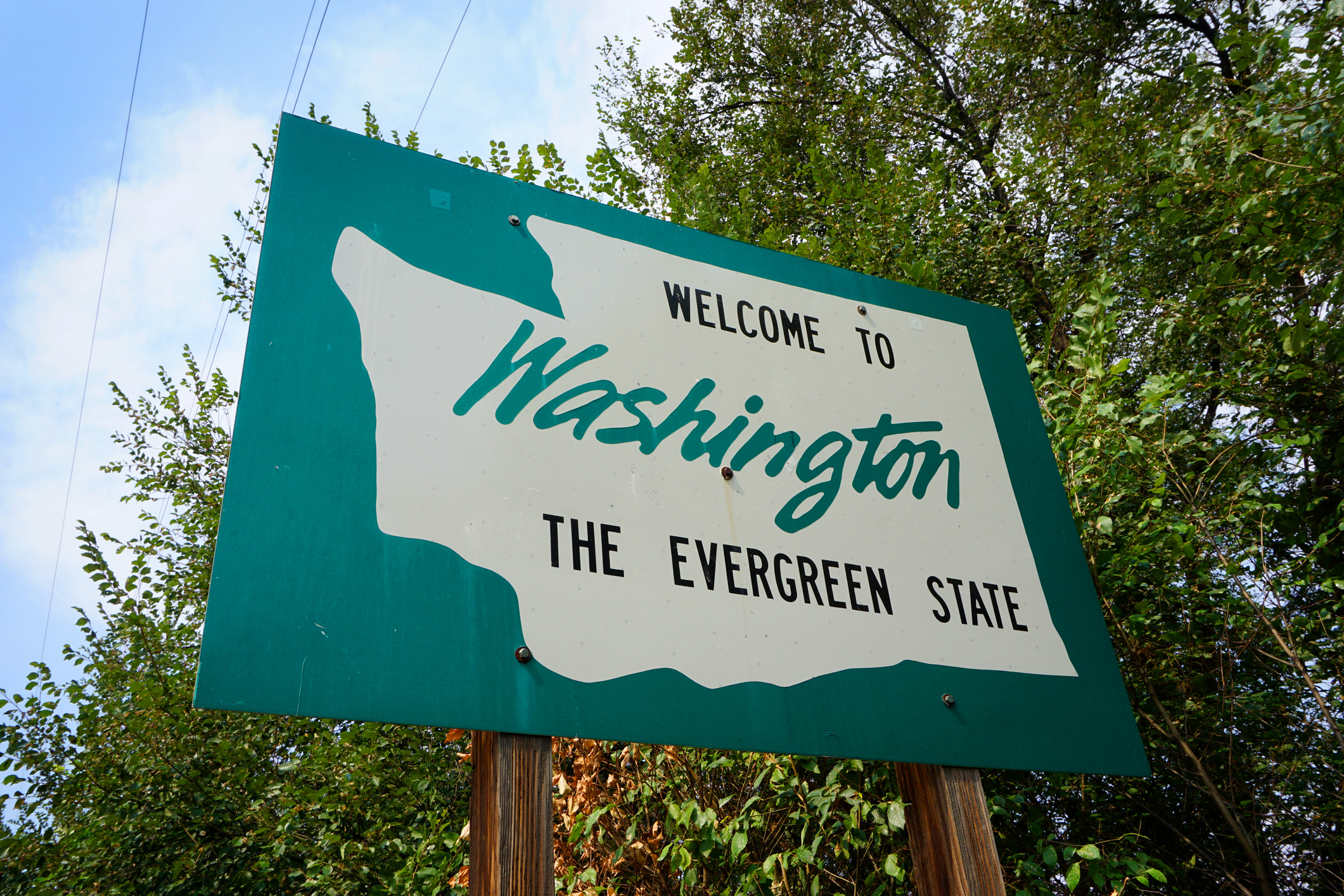Related Articles
House Bill 1050 (HB 1050), recently passed by the Washington State Legislature will restrict who is able to bid on public contracts, limiting the sucessfull bidding contractors to mostly labor unions and making it difficult for open shop contractors to compete.
The bill requires the winning bidder’s workforce to have at least 15% apprentices for contracts over $1 million. While apprenticeship jobs are a good way to train new employees, the 15% apprenticeship requirement can only be met by the largest contractors with the ability to absorb the additional cost of an apprenticeship program. The majority of these contractors are labor unions.
Spokane passed a similar ordinance in 2015 which has failed to realize the goals of the program and has driven up the cost of construction. HB 1050, while not identical to the Spokane Publics Works Apprentice Program, will have a similar chilling effect on public works contracts in Washington, limiting who can qualify for the contracts.
The number of approved apprenticeship programs are tightly controlled by the Washington State Apprenticeship Council (WSATC), under the Department of Labor and Industries (L&I). The board is made up of industry representatives and labor unions with the labor unions having the majority vote. WSATC was supportive of HB 1050’s passage.
The restrictions imposed by WSATC, have not helped increase the availability of apprenticeship positions.
For an example of an existing certification program that has limited the number of available workers, look to the electrical and electrician industry. The electrical certification program to move from a trainee to electrical journeyman, and ultimately onto master electrician, requires multiple hours of on-the-job training and a state-sponsored training program overseen by WSATC. While this creates a standard approach to training and standards across the industry, it also limits the potential job opportunities for electricians. Partially due to the pandemic, partially due to retirement and partially because only two organizations, International Brotherhood of Electrical Workers (IBEW) and the Construction Industry Training Council (CITC), offer the certification programs for new recruits, Washington is now facing an industry shortage of electricians. To make things worse, Senate Bill 6126, which was signed into law in 2018, allows only state-approved programs to offer certification, creating a virtual monopoly for CITC and IBEW on the certification process.
The combination of WSATC overseeing the apprenticeship program and the passage House Bill 1050 will drive up the cost of public works projects and reduce competition in the construction market.
WSATC needs to streamline the process to allow other certification providers to join the WSATC board. WSATC has a vested interested in keeping the certification process under union control, given its current makeup. The latest member to join the board, CITC, took over two decades and enormous cost to achieve certification. The high bar to entry discourages many organizations from attempting the gain a certification status.
Until WSATC expands the certification providers, apprenticeship positions and available skilled workers will be limited.
House Bill 1050 is an authority grab by unionized organizations to control which contracts the private business sector can bid on successfully and is an attempt to control job creation and where employees can work.





